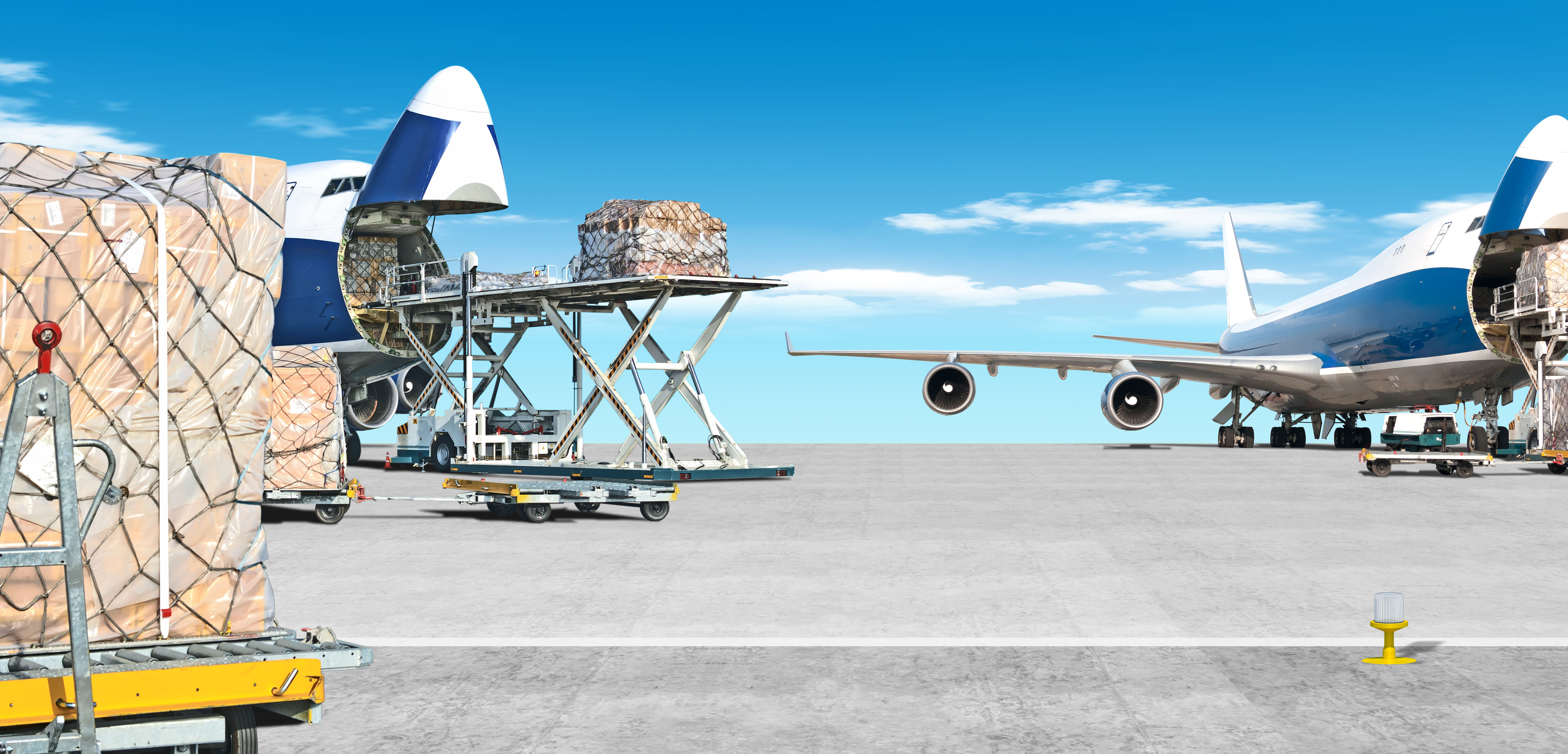This type of monitoring is especially valuable as global pharma supply chains react to the chaos caused by COVID-19. Because many of the raw materials needed to make key drugs are manufactured in China, where factories have been disrupted by efforts to contain the virus, panic buying already caused shortages of everything from protective gear to lifesaving products. [2]
The US, for example, has placed the vast majority of their active pharmaceutical ingredient “eggs” in a single basket. In 2019, congressional testimony reported that around 80% of the country’s active pharmaceutical ingredients (APIs) are produced abroad, mostly in China and India. [3]
For Nada Sanders, a supply chain management professor at Northeastern University, this is cause for concern. [4] "We're repeatedly told that the pharmaceutical drug companies have a couple months' supply, and the distributor holds a couple months, or at least 30 days," she told Supply Chain Dive at the end of March. "That buys you two to four months, depending on the perishability." She believes that many are banking on the idea that as long as the world pulls through this in a few months, everything will be fine.
In response to the potential disruptions, the Food and Drug Administration (FDA) is brainstorming new ways to address anticipated supply disruptions. [5] One approach, according to the commissioner of Food and Drugs at the FDA, Dr Stephen M. Hahn, is potentially lengthening the expiration dates on critical human drugs so that pharmaceutical products that would have discarded because they exceed a labeled shelf-life can be used for longer periods of time. Often these expiration dates are excessively short, notes Dr Hahn.
Revealing the Weak Link
Typically, deviations in the transport of sensitive goods occur at change of custody – when a package goes from one handler to the next before reaching its final destination. With sensitive pharmaceutical products are spending more time “in transit”, because of the coronavirus, there is a greater chance of product degradation. For example, unforeseen delays at customs can see products experiencing extended exposure to detrimental environmental conditions and longer delivery timelines increase the likelihood that truck cooling systems or warehouse environmental controls may fail, spoiling products as a result.
During such uncertainty quality control and trust are critical. But when your quality control person has to check every batch of products, this can also lead to delays. With the right monitoring solutions in place, QA personnel are only tasked with checking product if/when deviations occur.
“This outbreak just underscores what can happen in a worst-case scenario,” Amesh Adalja, an infectious disease physician at the Johns Hopkins Center for Health Security told Wired. [6] In the past, Adalja has warned about the implications of a heavy dependence on China for vital medicine and medical supplies. “Any kind of supply shock or instability would render the drug supply vulnerable,” he says, adding that the pandemic is concerning because the industry still doesn’t know how everything will play out.
And even in instances where drugs are available, COVID-19 has caused major disruptions in global shipping, which means that some pharmaceutical products are being delayed or aren’t reaching their final destination. [7] In such uncertain times, blockchain offers the traceability and clarity the industry needs mitigate the impact of coronavirus.
For example, Alipay recently launched a blockchain-based platform to assist with the tracking of critical medical supplies. The platform improves our ability to track medical supplies and equipment and monitors the demand and the supply for crucial healthcare supplies and equipment. While reports claim that human trials for a coronavirus vaccine are set to begin in April or May, before a vaccine is ready the industry will need to ensure that medicines and equipment needed to treat the symptoms of the virus are available for those who need them. [8]
The time is now for supply chain stakeholders to put processes and procedures in place to guarantee that temperature-sensitive pharmaceuticals and test samples aren’t damaged during transportation. In the event that something does go wrong, any quality deviations are identified before these products or samples are used.
Our MODsense temperature monitoring solution simplifies the process of remotely monitoring sensitive shipments with little to no deployment effort. “Seeing how Pharma distributors are struggling to keep up with high demand and how other logistics service providers are trying to support this, we believe that we can do our part by providing MODsense as an instantly deployable way to ensure Pharma product integrity in such ad hoc medicinal product supply chains in the easiest way possible, particularly in the secondary supply chain and last mile,” says Modum’s CEO, Simon Dössegger.
Are you struggling to manage supply chain disruptions due to a lack of visibility? The Modum team can help.
[1] https://modum.io/news/blockchain-supply-chain-pharmaceutical-use-case-example
[2] https://www.theguardian.com/commentisfree/2020/mar/19/will-coronavirus-lead-to-drug-shortages-for-the-nhs
[3] https://www.finance.senate.gov/chairmans-news/grassley-urges-hhs-fda-to-implement-unannounced-inspections-of-foreign-drug-manufacturing-facilities
[4] https://www.supplychaindive.com/news/coronavirus-pharma-supply-chain/574889/
[5] https://www.fda.gov/news-events/press-announcements/coronavirus-covid-19-supply-chain-update
[6] https://www.wired.com/story/medicines-long-thin-supply-chain/
[7] https://modum.io/news/freight-gets-smart-how-blockchain-and-iot-are-transforming-shipping
[8] https://www.theguardian.com/world/2020/mar/18/when-will-a-coronavirus-vaccine-be-ready
